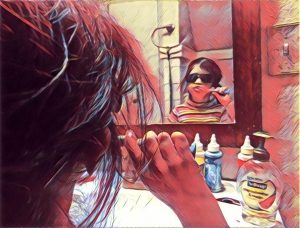
There are many things people don’t tell you about motherhood. The one I didn’t expect? How children always tell you what they are thinking about you, whether it’s good or bad.
They’ll be the first ones to notice those extra pounds you gained from Christmas this year. Have an unusual nose? They’ll point it out, too. My grandma used to say, “They watch us more than they listen to what we say,” and it was something I didn’t truly understand until my first child started talking.
My kids have kept me on my toes, usually bringing up things I’d rather not hear. They can’t help it; they’re hard-wired for honesty and have not learned yet that they need to temper their words and learn to be more tactful around adults because sometimes we can’t handle hearing the truth.
So this is how I learned that I’m a “weird” mom.
When I first became a mom I didn’t think much about being different, since I knew it was just a given. Being an immigrant and brown, it was natural that I am usually the loudest, most opinionated person in the room. To be honest, I’m rather mild compared to other people from my home country, but in Fargo I’d stand out even if I tried not to. You can see me from far away since I tend to dress in the bright colors I grew up with. I am bold, in an area where people are raised to blend in. I dance around the house when I’m cleaning and listen to music most people don’t understand.
I don’t blame my daughter for thinking that I’m weird. Honestly, I like being “weird” because it means I am different; it’s part of my identity. When she was little I was all she knew, but as she grew older and started going to school she began to notice that I was different and started asking questions about it. I remember the first time she realized that I am a woman of color. Then she noticed my accent, and that I sometimes speak in a way that other people don’t understand.
The hardest was when my oldest started kindergarten and refused to eat the food at school. I felt so badly, like I had failed her. That year, I packed a lunch for her every day so she’d actually eat and began to slowly introduce her to the American food that I had so far neglected to cook. She was the first one to notice when people looked at me differently, and for a short season refused to speak my language in school, afraid of being seen as too different herself.
At the age of 9 she began to become more interested in our culture, thanks to a wonderful teacher that made sure she understood that being different is something we should celebrate, not be afraid of.
And now my second child has begun this same season. She refuses to speak my language, and it hurts. I know she’s not trying to be cruel, but it still hurts. I’ve done better this time around though, and better prepared her to go to school so we had less trouble transitioning. My youngest, on the other hand, just imitates what her sisters do, so she refuses to speak my language as well. I try to understand them, but it’s hard.
I’ve been making sure that we interact with as many people from different cultures, backgrounds, religions, and countries as possible. I’m trying to show them how wonderful all these differences are and how much we can learn from each other, if only we step out of our comfort zones and connect with each other.
I’ve learned so much being a mother, yet still know so little. I hope that they learn from me to accept their own differences and to not be afraid to be themselves, unapologetically. It’s one of the reasons we moved to Fargo, for its diversity in culture and people. I want my children to know that there are so many different people in this world, and they are all amazingly “weird.” And that weirdness makes us all beautiful.







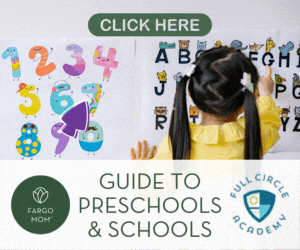

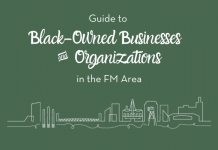
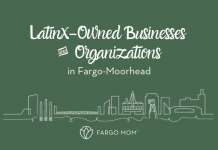
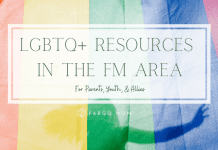
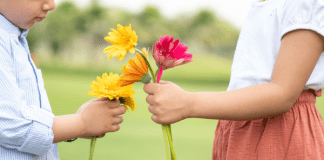




Julia, beautifully expressed!
I wonder if there are kids who don’t do this, refuse to speak their parent’s “native” language. I say it that way because when they learn a language in school it doesn’t have the same stigma or identity issues attached. e.g. a white friend’s kid went to a language school Where all her classes were in Spanish and she is fluent. I wonder if kids with a different ethnic background at that school
Would have the same rebelling/identity issues. Kids want to be fit in and like “everyone else”. I don’t think most appreciate being different until we are older with more life experience, there is safety in being similar and maybe that is why kids go that way.
My brother’s kids are half-Chinese and understand some Mandarin but don’t really speak it much. They sent their oldest to a class but she hated it and doesn’t want to be seen as different.
My Mother in law is the daughter of Russian immigrants and she says she was ashamed of being different when she was young and refused to speak Russian. Now that she is in her 80s she wished she had. Hindsight gets us all.
As a ND native who now lives in Colorado, I understand the environment and applaud you for continuing to be you and continuing to be the best role model you can for your kids!
Beautifully written, and something that many first and second generation immigrants can identify with. Thank you for writing this piece Julia!